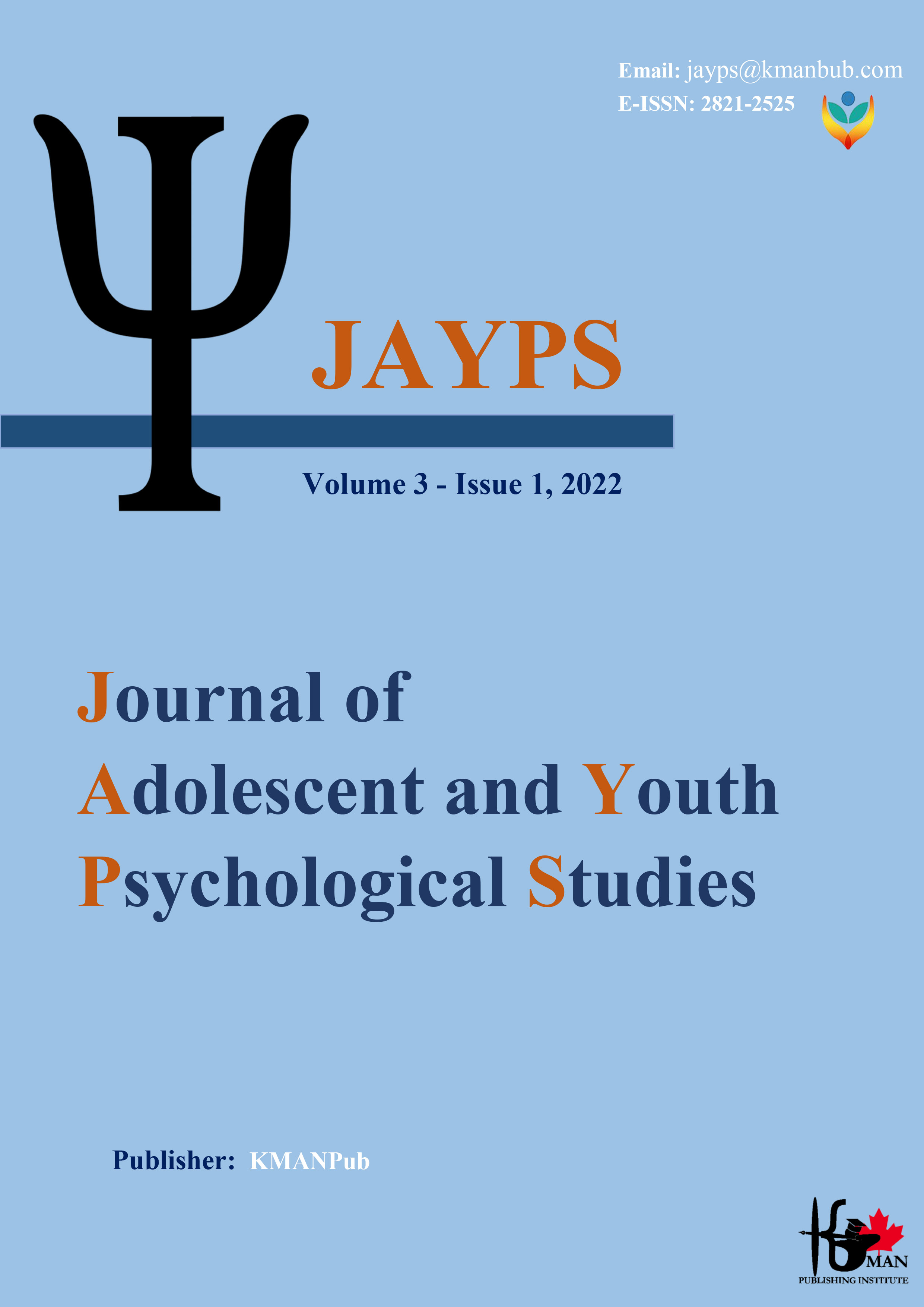The effectiveness of Acceptance and commitment therapy on experiential avoidance, uncertainty intolerance and positive metacognitive beliefs in women with obsessive-compulsive disorder
Keywords:
Acceptance and commitment therapy, experiential avoidance, uncertainty intolerance, metacognitive beliefs, obsessionAbstract
Background and Purpose: The purpose of this research was the effectiveness of Acceptance and commitment therapy on experiential avoidance, uncertainty intolerance and positive metacognitive beliefs in women with obsessive-compulsive disorder. Methods: The current research method is semi-experimental and the design used in this research is a pre-test-post-test design with a control group and a follow-up period. The statistical population of the research was all women suffering from obsessive-compulsive disorder who referred to counseling and psychotherapy centers in Tehran in the months of February and March of 2021. The research sample included 30 women with obsessive-compulsive disorder who referred to counseling and psychotherapy centers in Tehran between February and March of 1400. Data were collected using the Yale-Brown Obsessive Compulsive Questionnaire (1989), the Experiential Avoidance Questionnaire by Bond et al. (2011), the Intolerance of Uncertainty Questionnaire by Friston et al. Obtained. In this research, the protocol of Wells (2000) was used to perform Acceptance and commitment therapy, which was performed once a week for 8 sessions of 90 minutes on the experimental group. The data was analyzed using the method of analysis of variance with repeated measurements and SPSS software. Results: The findings showed that Acceptance and commitment therapy on experiential avoidance (P<0.001), uncertainty intolerance (P<0.001), and positive metacognitive beliefs (P<0.001) was effective in women with obsessive compulsive disorder. Conclusion: It can be concluded that Acceptance and commitment therapy was effective on experiential avoidance, intolerance of uncertainty and positive metacognitive beliefs in women with obsessive compulsive disorder, and this therapy can be used to reduce the problems of obsessive-compulsive patients
Downloads
Downloads
Published
Submitted
Revised
Accepted
Issue
Section
License

This work is licensed under a Creative Commons Attribution-NonCommercial 4.0 International License.









